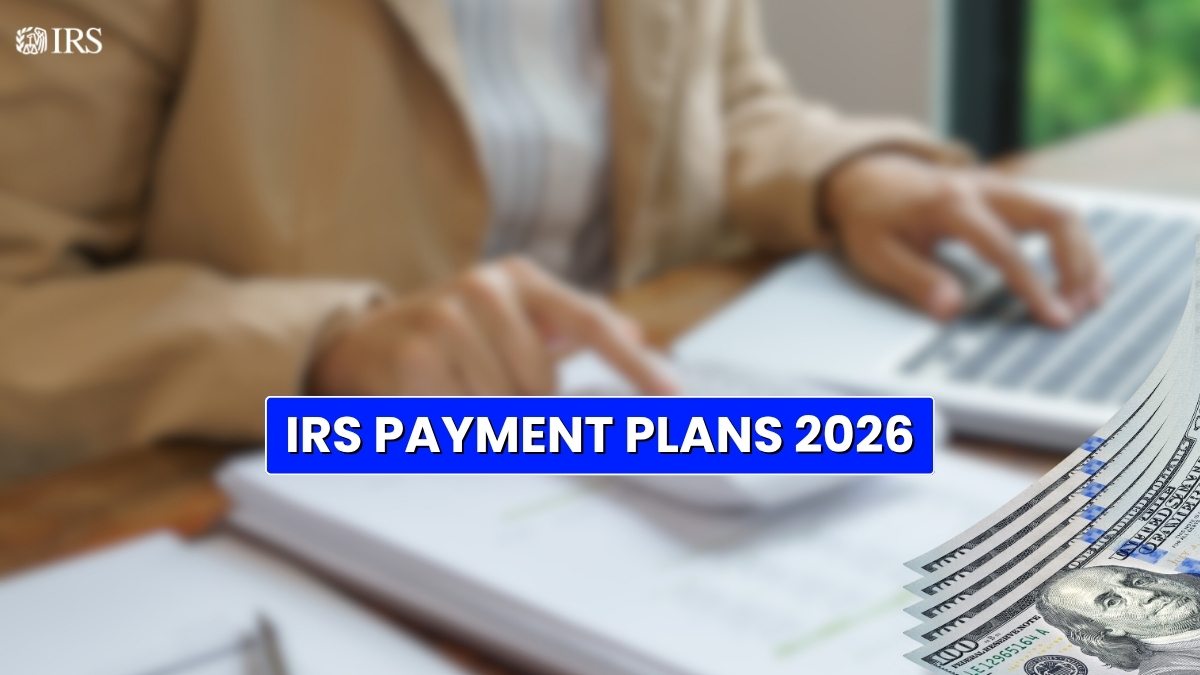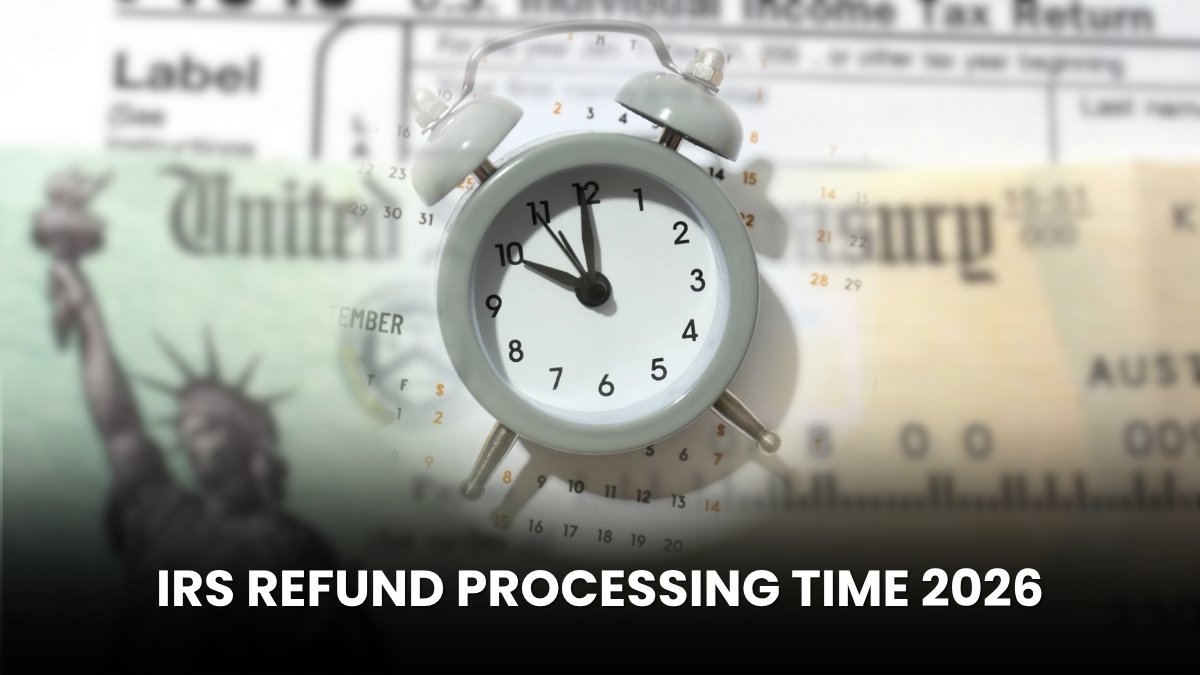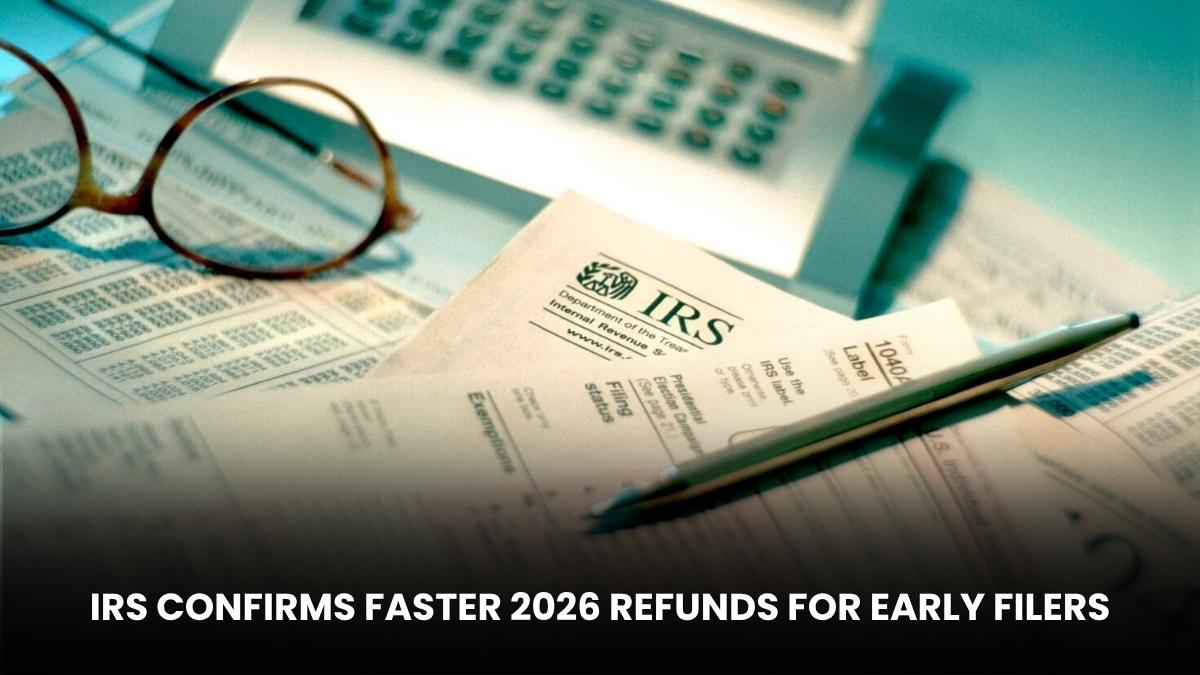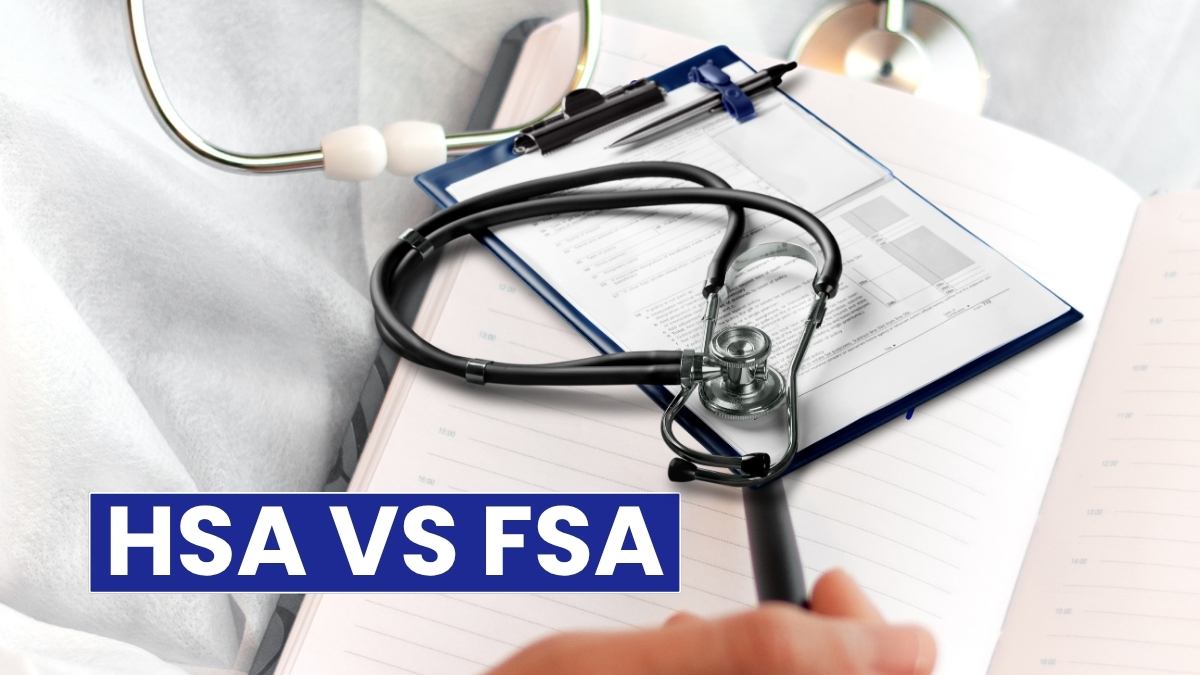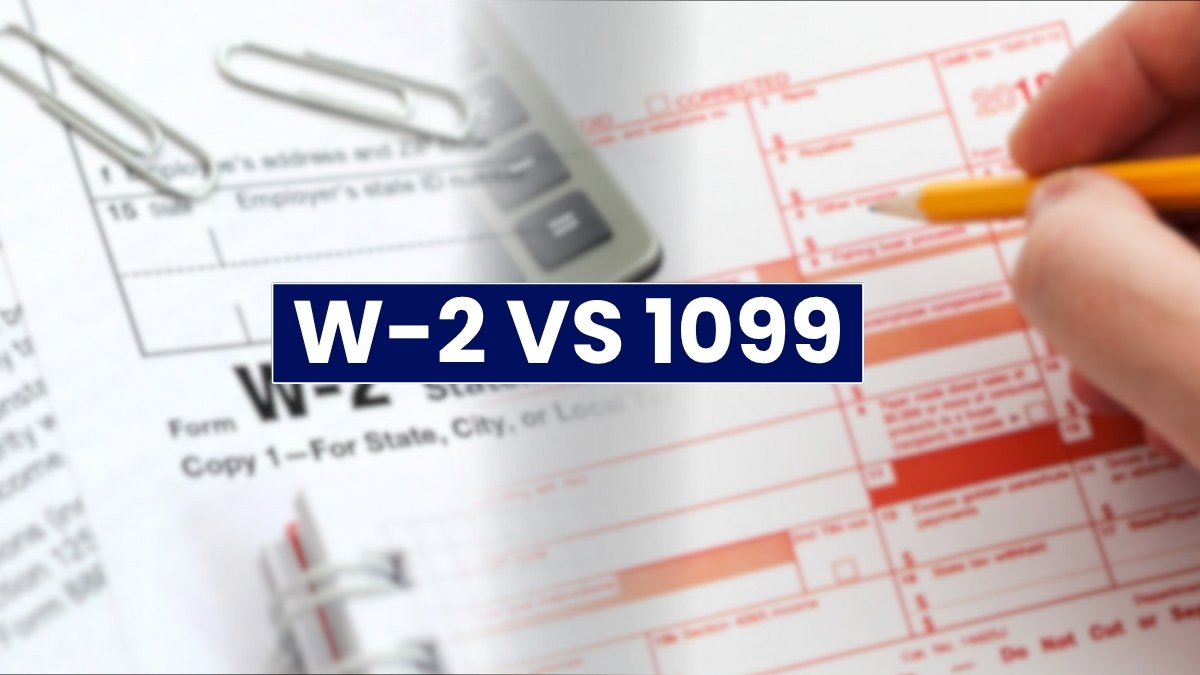If you owe tax debt, but can’t pay it, you can apply for a payment plan to pay it in installments over an extended timeframe and meet your responsibilities without any financial burden. The IRS offers various payment plans; you can check each available option here and learn about them.
The IRS payment plan allows you to pay off your debt through monthly payments while the time to collect the debt is suspended, and you avoid paying interest and penalties. The IRS has many online payment options for taxpayers to consider, depending on their debt and payment plan interest rate.
The agency has also introduced the new Simple Payment Plan to make things easier for the taxpayers, where the payments are directly made through your bank account. With tax season coming in a few months, if you owe any taxes or have failed to pay, you should learn about the payment plans.
What are the IRS Payment Plan options for 2026?
An IRS payment plan is an agreement to pay the taxes over an extended timeframe. Let’s see what the available IRS Payment Plan is for the taxpayers:
- Short-term Plan:
- The taxpayers can apply for the online payment plan short-term plan when they owe less than $100,000 (Combined penalties, tax, and interest) and require a payment period of 180 days or less.
- Long-term Plan:
- Long-term Plan is another online payment plan, where you can pay the debt in more than 180 days, and the amount you owe should be less than $50,000 (combined interest, penalties, and tax).
- Offer in Compromise:
- You can apply for the Offer in Compromise if you prove that paying the debt can cause financial hardship.
- You can apply for this plan when you have filed the returns and are not involved in open bankruptcy.
- With OIC, you can settle your tax debt for less than you owe, and you can check your eligibility with the OIC Pre-Qualifier tool.
Apart from that, you can also apply for a Temporary delay in the collection if you can’t pay the tax debt due to your financial situation, and get your debt collection delayed.
What are the payment plan fees and costs?
If you are planning to apply for the IRS Payment plan, you should know the respective fees and costs associated with the payment plans below:
| Payment Plans | Fees & costs |
| Short-Term Plan | $0 online or phone/ mail/in-person |
| Long-term Plan | Through Direct debit:Online Fee: $22By Phone/Mail/in-person: $107 |
| Option 2:Online: $69Phone/Mail/in-person: $178 ($43 for low-income taxpayers) | |
| Change in existing plan | Online: $10 Phone/Mail/in-person: $89 |
What is the new IRS Simple Payment Plan?
The IRS initiated the new Simple Payment Plan earlier this year to make the tax debt payment easier and accessible for taxpayers. The IRS estimates that more than 90% of the taxpayers would be able to use the Simple Payment Plan.
You can check the IRS Simple Payment Plan facts and important points below:
| Eligibility | Owed debt not more than $50,000, including penalties, taxes, and interestFiled your tax return on time |
| Payment Period | Up to 10 years |
| Payment Options | Automatic monthly payment directly from the bank account |
| Applications | IRS online account |
How to apply for the IRS Payment Plans?
Taxpayers seeking to apply for the payment plans can apply in the following ways, depending on the amount of tax you owe and the type of plan:
- Online: You can use the Online Payment Agreement tool at https://www.irs.gov/payments/online-payment-agreement-application and apply as an individual or a business from Monday to Friday between 6 AM to 12:30 AM Eastern time.
- Phone: You can call at 800-829-1040 (individual) for business to get assistance in applying for the IRS payment plans.
- Mail: You can mail the Form 9465 (installment agreement request) after entering valid information, and mail the form to the IRS.
IRS strives to support the defaulting taxpayers in paying for the tax debt and clear their debt without stressing over the financial burden in the long run. The installment helps them meet their tax responsibilities and avoid the tax consequences; otherwise, you might have to pay higher penalties or interest.
Disclaimer: Information provided is about IRS payment plan options for 2026. Check official IRS resources for terms, eligibility, and enrollment details.
